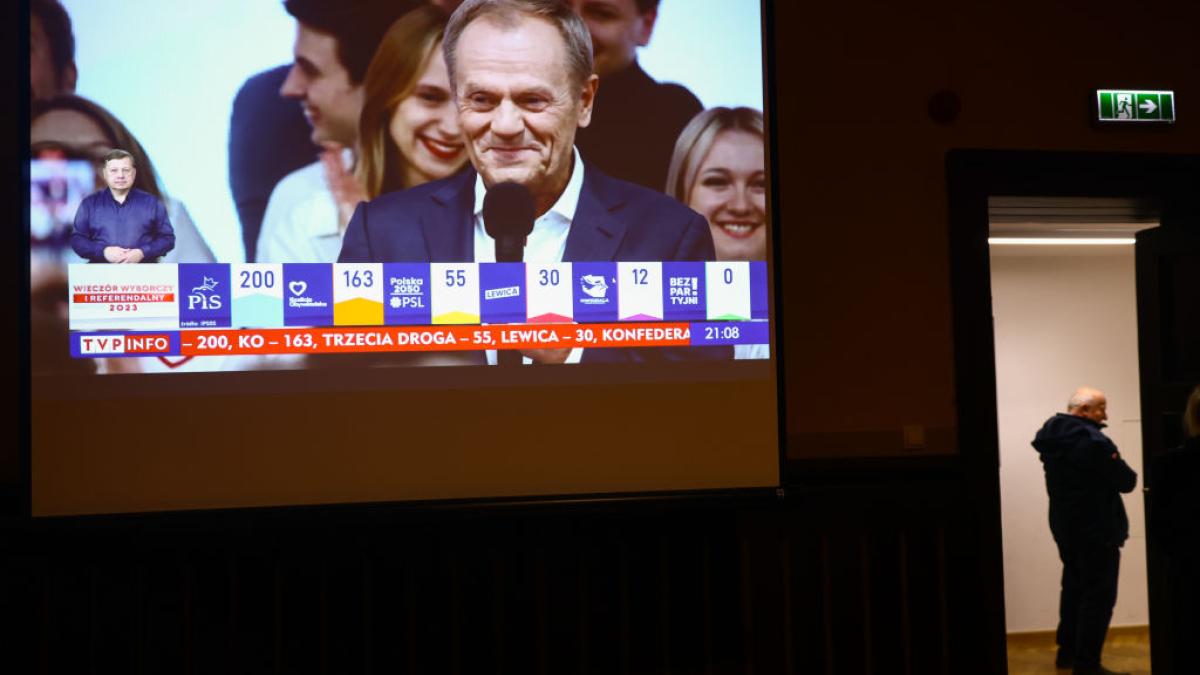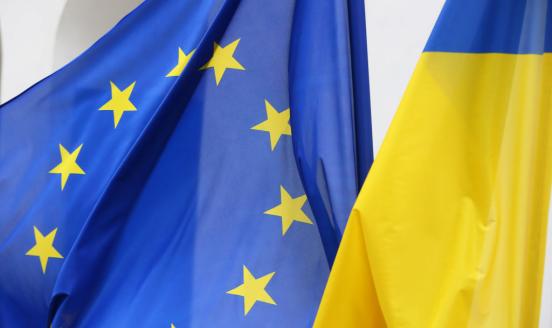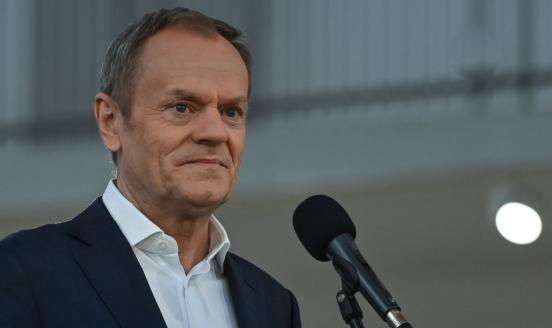Poland: hope for rule-of-law correction, but serious economic challenges ahead
Obstacles created by Poland’s outgoing government and the deteriorating economic situation make the post-election outlook highly challenging.

The victory of the opposition alliance in Poland’s 15 October elections showed that even an unfair and manipulated election can lead to a peaceful rejection of autocratic regime if society is mobilised sufficiently. However, tackling the populist legacy of the Law and Justice Party (Prawo i Sprawiedliwość, PiS) government will be neither easy nor fast, for several reasons.
First, it remains unclear when a political transition can take place. President Andrzej Duda (closely associated with PiS) has sworn in a PiS minority government that is likely to be short-lived, and has made clear that he will defend PiS’s political and institutional legacy and use his veto power to stop legislation adopted by the new parliament. Overcoming a presidential veto requires a 60% majority in the Sejm (a lower house of the Polish parliament), which a democratic coalition is short of.
This will make it challenging for a post-PiS government to restore constitutional principles of democracy, rule of law, the legal independence of many institutions (which have been packed with PiS loyalists, especially in the judiciary) and public media pluralism, at least until summer 2025, when President Duda’s term expires. Most of these changes will require new legislation.
Rolling back unconstitutional PiS legislation in the Constitutional Court will be hard. The terms of PiS placemen and women in the court will expire between 2024 and 2031. The Constitutional Court can also block legislation passed by a new majority. This could mean difficulties with unfreezing money earmarked for Poland from the European Union’s Recovery and Resilience Facility. Access to the funds is conditional on meeting rule-of-law criteria that have been violated systematically by the PiS government.
However, the most significant challenges wait for the new government in the economic sphere. Eight years of socioeconomic populism, with large-scale spending programmes (including generous family benefits, which will increase by 60% from January 2024), chaotic tax system changes and a freeze on energy tariffs, have led to an explosion of the general government deficit, set to reach 5.8% of GDP in 2023. The transparency of public finances deteriorated dramatically because of several off-budget funds and quasi-fiscal operations conducted by state-owned banks and energy companies. Therefore, the actual deficit may be higher than officially reported.
Because of ultra-loose and politically motivated monetary policy since 2016, inflation has been above the National Bank of Poland target (2.5%) since December 2019. has been above the National Bank of Poland target (2.5%) since December 2019In March 2022, it jumped to a two-digit level, reaching 17.2% in March 2023. Since then, it has started decreasing, but its October 2023 level (6.3%) is still too high and may increase.
Despite highly accommodating monetary and fiscal policies, the annual real GDP growth rate, once varying between 4% and 6%, is expected to decline to 0.4% in 2023. Thus, the Polish economy is experiencing stagflation.
Meanwhile, a gradual increase in the retirement age to 67 for both men and women, introduced in 2013, was reversed by PiS in 2017, despite Poland’s shrinking working-age population – a consequence of population aging and large-scale emigration. The share of state ownership has been increased, especially in the banking and energy sectors. The latter became less competitive after several administrative mergers of state-controlled companies (for example, creating a super-conglomerate ORLEN). Investment in green energy has slowed in the face of various administrative and financial obstacles.
To what extent a new government will be ready to tackle these problems remains unclear. During the election campaign, opposition parties sought to compete with PiS by offering more public spending programmes and lower taxes. They promised never to increase the retirement age. They were silent about privatisation, only pledging more professional and nepotism-free management of state-controlled companies.
Since the election, several opposition promises detrimental to public finances have been repeated. The economic chapter in the coalition agreement between parties forming the future government is vague. The multi-party character of a future government (from the left to centre-right), and forthcoming local and European elections (both in spring 2024), may further discourage necessary economic reforms and fiscal adjustment.
If such a political scenario prevails, the Polish economy risks slipping towards even deeper macroeconomic disequilibria and zero growth. This will not guarantee popularity and future election success for a coalition government. Therefore, despite all the political and legislative obstacles, the incoming government’s economic policy programme must address the root causes of the current troubles and respect fiscal constraints.
Acknowledgements
The author would like to thank Heather Grabbe, Ivo Maes, Lucio Pench, and Nicolas Veron for their comments and suggestions on a draft of this commentary.



